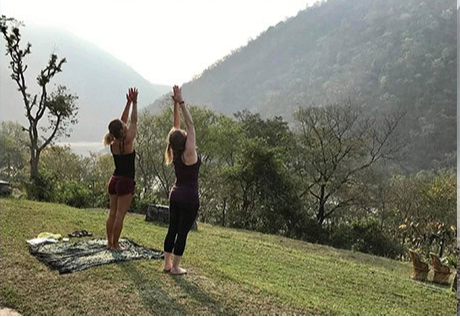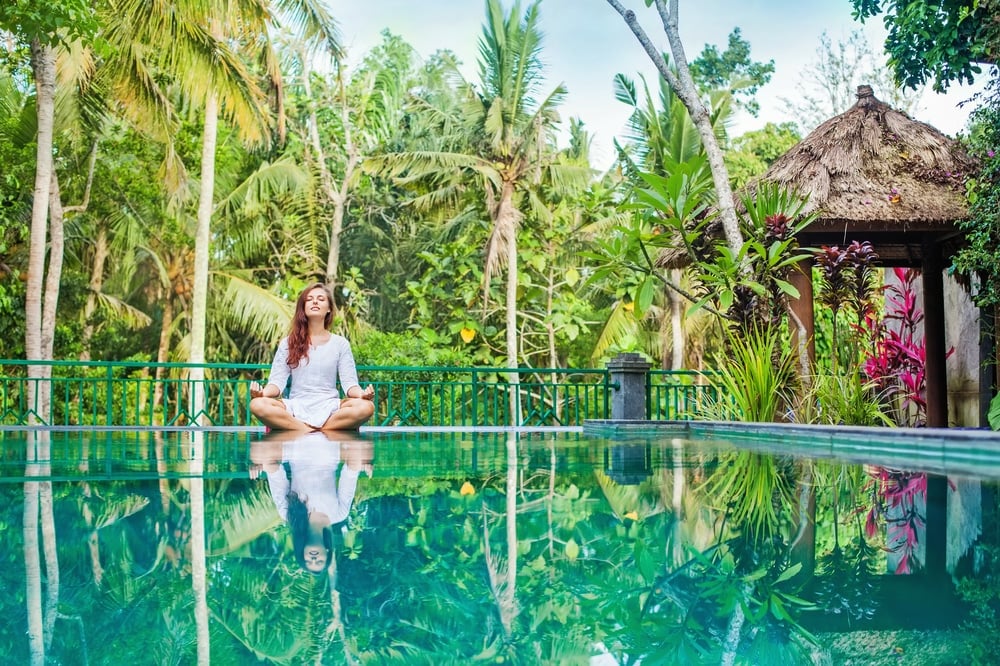Due to its spiritual importance, the holy town of Rishikesh is also known as the world’s yoga capital. The town is located in the foothills of the Himalayas alongside the banks of the holy Ganges River, which adds to its spirituality. It is an incredible place for yoga practitioners who wish to expand their skills.
If you plan on joining a Yoga Teacher Training (YTT) program in Rishikesh, understand that the area is a spiritual centre, so prepare accordingly. Yoga teacher training in Rishikesh is not just about the asanas; it is a life-changing journey with a physical, mental, and emotional transformation. Here are ways and things that can help you before you undertake this life-altering journey.
Comprehending the Noted Aspects of Yoga Teacher Training
Spending time on the trails of yoga as a profession requires rigorous yoga teacher training in Rishikesh and physical and mental practice, which involves several philosophies, bone structure, and pranayama including meditation and parts of the life cycle. Rishikesh is famed for its Yoga posture training, however, during the physical teaching itself, many practitioners are thought to study sutras written in Yoga Sutras, Bhagavad Gita & Hatha Yoga Pradipika.
One circular to the concept knowing that yoga is beyond a physical activity embracing oneself in totality consisting of the muscle and the spirit. It is not that one cannot pass the course, but the challenge that is somewhere in the middle of both extremes ill serves the initial broader concept.
Selecting the Most Suitable School and Program
Rishikesh has numerous yoga schools with a variety of teacher training programs. However, make sure to do proper research to find a school that meets your expectations. For example, check if the school is registered with Yoga Alliance and has experienced instructors, an adequate curriculum, and, most importantly, good reviews.
Some schools follow strict traditional Hatha or Ashtanga yoga while other more lenient ones may use Vinyasa style. Doing your own bit of research through the school website or directly contacting the school and other alumni will clarify your expectations.
Preparing Physically and Mentally
The yoga teacher training in Rishikesh is extremely rigorous both physically and mentally. The daily schedule tends to be tough, with early morning meditation, several asana classes, philosophy lectures, and evening practice. Getting your body ready with step-by-step regular yoga exercises prior can greatly assist in making this physically challenging routine easier.
Mental preparation is just as critical. The training tends to involve a hefty amount of self-analysis, emotional problems, and challenging personal boundaries faced with courage. Therefore, approaching the program with an open heart will assist in getting the best out of it.
A Shift in Outlook and Being Ready to Change
People joining yoga teacher training sessions have interests and expectations like perfecting advanced poses, inner peace, or appealing self-assurance when standing in front of peers. Most of these goals are reasonable expectations, and some of them may surprise you. The process of yoga teacher training is always unique, and at times, deeply personal for individuals in ways never anticipated.
One may develop a newfound respect for yoga, learn from deep emotional turmoil, or alter how they have perceived yoga to be in the past. One way or the other, methodologies make yoga approachable without any stringent expectations, thus enhancing and aiding individuals in helping them grow.
What You Need to Know About Earning a Certification
Attending a yoga teacher’s training program in Rishikesh will usually get you a certification that Yoga Alliance accredits. This organisation is the global authority of yoga teachers. With this certificate, you can practice as a yoga instructor anywhere in the world.
That said, it is critical to appreciate that the certificate is just a starting point for one’s teaching career. You grow as a professional through continued practice, further training, and more teaching practice. Some schools also provide focused training such as prenatal yoga, yoga therapy, or even advanced teaching anatomy, which allows you to improve your skills and career opportunities even more.
Managing Your Costs and Plan for Your Trip
Although more inexpensive than in Western countries, yoga teacher training in Rishikesh does require some planning. Fees for the program tend to cover the cost of tuition, lodging, and meals but also keep in mind extra expenses like airfare, visa, or other purchases.
Also consider the cost of living in Rishikesh: lunch, dinner, public transportation, and fun things to do. Some schools may have free grants or payment schemes, so ask if you need financial help. This step will help you the most, leaving you less stressed and organised.
Integration After Training and Job Prospects
Completing your yoga teacher training in Rishikesh is just the first step towards your yoga practice goals. Adapting to life after training can be hard. However, continuing your practice and studies will reinforce what you learned.
Many graduates start teaching yoga in studios or gyms, some even do it on online platforms while others choose to deepen their skills personally or go back to school. Connecting with other graduates and keeping in touch with your teachers will help you remain active in the yoga community.
Conclusion
Undertaking a yoga teacher training course in Rishikesh is an experience that changes the course of one’s life as it is more than simply learning how to effectively teach yoga. It is the centre of one’s spiritual self as one meets other people with similar interests and goes on a journey of self-progress.
When one pays close attention to the depth of the training, chooses the right program, prepares robustly, and embraces mental and immersion culture experience, they reap the full benefits of this transformative journey. Professional or amateur, training does wonders for one’s yoga practice, and the lessons learned in Rishikesh are ones that remain for a lifetime.



